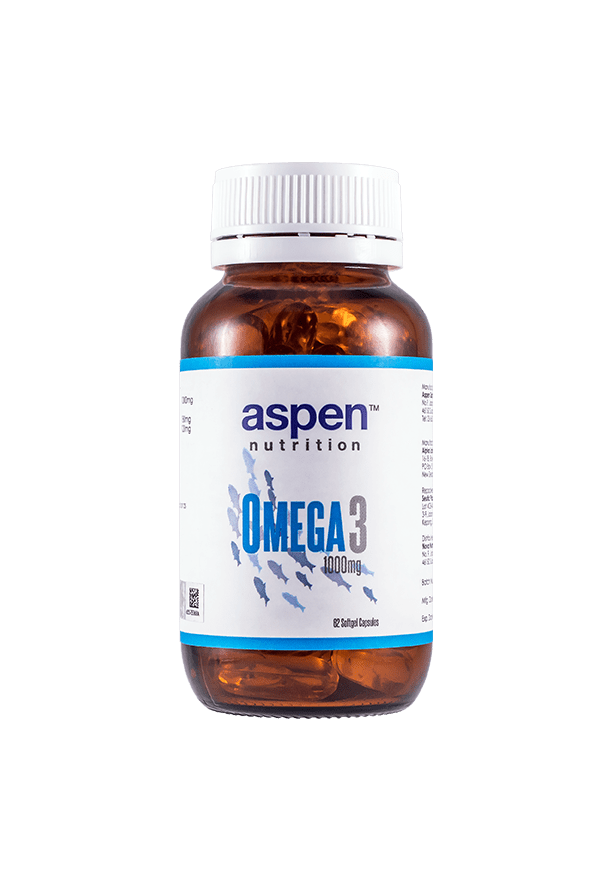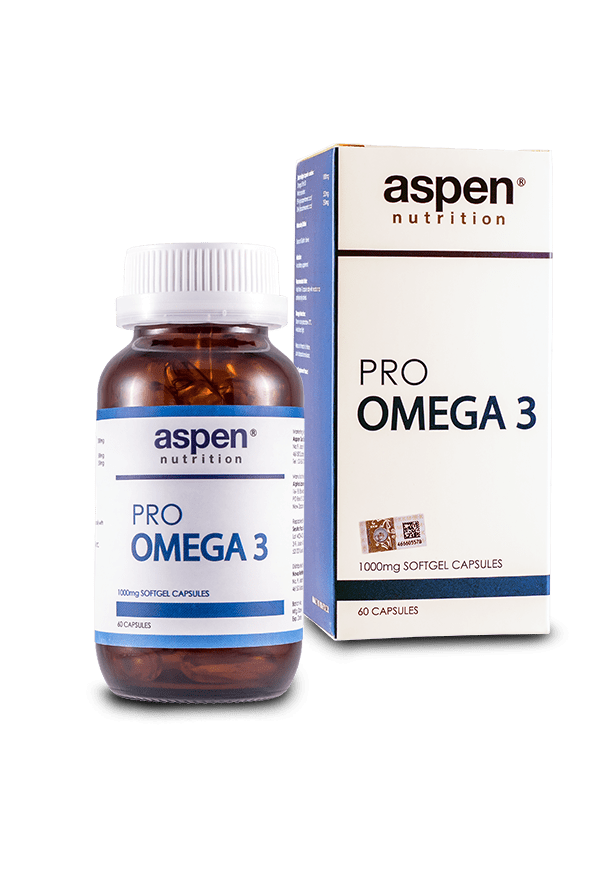Which fish oil should you take?
Fish oil is a popular supplement commonly consumed due to its benefits in improving heart health, reducing inflammation, eye health, and brain development. Fish oil is an excellent source of omega-3 fatty acids, mainly eicosapentaenoic acid (EPA) and docosahexaenoic acid (DHA). With the abundance of fish oil in the market varying in brands, sources, and quality, sometimes selecting the perfect fish oil for you can be a daunting task.
Here are simple tips that might help you make the right choice:
However, don’t just quickly grab for the cheapest option. Again, read the labels and choose the most suitable option for you or your loved one, and only then you can make the price comparison. On the other hand, highest price doesn’t necessarily give you the highest value. Select a brand that fits your needs, and if you have an extra budget to spend, you can always allocate it for better use.
In conclusion, consumers are always recommended to do their research before making any purchase, especially when it involves their well-being. There are plenty of online resources available, so make sure you are getting your information from the right place. Consult your healthcare professionals before taking any supplements, as some supplements may interact with medications.
- Read the labels
- Know your needs
| Profile of Patient | Recommended Dosage per day |
| High triglycerides | 2-4g EPA+DHA (Omega 3) |
| Documented cardiovascular disease | 1g EPA+DHA (Omega 3) |
| Prevention of heart disease | 0.5g EPA+DHA (Omega 3) |
- Keep track of your budget
However, don’t just quickly grab for the cheapest option. Again, read the labels and choose the most suitable option for you or your loved one, and only then you can make the price comparison. On the other hand, highest price doesn’t necessarily give you the highest value. Select a brand that fits your needs, and if you have an extra budget to spend, you can always allocate it for better use.
In conclusion, consumers are always recommended to do their research before making any purchase, especially when it involves their well-being. There are plenty of online resources available, so make sure you are getting your information from the right place. Consult your healthcare professionals before taking any supplements, as some supplements may interact with medications.




